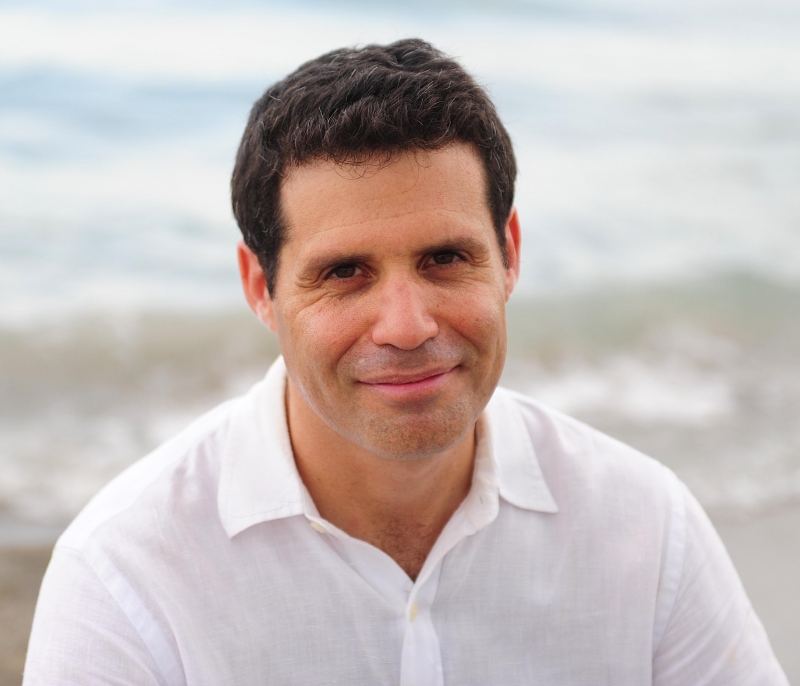Temple Beth Am Mitzvah Projects
Temple Beth Am Mitzvah Projects
 The more one is involved in Mitzvah and Social Action projects the more he or she realizes that while the needs are endless the resources of money, time and volunteers are scarce. Therefore, we need to understand our objectives and choose carefully organizations and people we help.
The more one is involved in Mitzvah and Social Action projects the more he or she realizes that while the needs are endless the resources of money, time and volunteers are scarce. Therefore, we need to understand our objectives and choose carefully organizations and people we help.
One approach is to start with a tzdakah project that yields the “most buck for the money” (i.e. the best project would be the one that helps the largest number of people, using the least amount of money and time). TBA’s involvement in the Soup Kitchen at St. George’s is a good example. Every third Monday of the month, we are able to cook, prepare and serve food for over 200 people with a relatively little amount of money and a small group of volunteers.
But our Temple is also involved in projects that require the resources of many volunteers to help only a few families. Take Family Promise as an example. When it is our turn to take care of the families, we need about 50 volunteers to help only two or three families. In pure economic terms, it is definitely not a good return for our investment. So, should we stop supporting this project and focus our efforts on more projects like St. George’s? It is a really hard question to answer, and the decision is ultimately yours (if we don’t get enough volunteers we will not be able to continue). But first let me tell you why we adopted Family Promise to begin with.
The Jewish sociologist Abraham Maslow argues that all human beings have the same needs. These needs are arranged in a hierarchical order like a pyramid. At the base are the basic physiological needs of food and shelter and at the top are the needs for esteem and self-actualization. The interesting thing, according to Maslow, is that human beings care about the higher needs only after they have already fulfilled the lower ones. When you think about it, this makes sense. A person who worries about his or her next meal is not thinking about the essence of creativity and morality. They focus all their physical and mental energy trying to find food and perhaps shelter for the night.
The efficient/economic mitzvah projects normally take care of the lower needs by supplying food, shelter and clothing. We need many of them because they are crucial for survival. Family Promise on the other hand, takes care of the former, but at the same time helps the parents and their children who fell into poverty to fulfill the needs at the top of the hierarchy such as being loved, respected and achieving self-esteem. Anyone who has experienced poverty (either personally or by contact with others) knows very well that the emotional damage, especially for children, is often greater than the physiological one. Family Promise helps with both and this is one of the reasons that the families who are helped by them leave after a few months having their own home, jobs and their dignity in tact.
Maimonides taught us 900 years ago that there are eight levels of giving. While he ranked them, I would suggest that in the world we live in we need all of them.
B’Shalom,
Rabbi Alon Levkovitz
Thu, July 31 2025
6 Av 5785
Upcoming Events
-
Thursday ,
JulJuly 31 , 2025TODDLER ENRICHMENT PROGRAM
Thursday, Jul 31st 10:00a to 11:15a
-
Thursday ,
JulJuly 31 , 2025Canasta
Thursday, Jul 31st 1:00p to 3:00p
-
Friday ,
AugAugust 1 , 2025TODDLER ENRICHMENT PROGRAM
Friday, Aug 1st 10:00a to 11:15a
-
Friday ,
AugAugust 1 , 2025Shabbat Service
Friday, Aug 1st 6:30p to 7:30p
-
Wednesday ,
AugAugust 6 , 2025Mah Jongg
Wednesday, Aug 6th 1:00p to 3:00p
-
Thursday ,
AugAugust 7 , 2025Canasta
Thursday, Aug 7th 1:00p to 3:00p
-
Friday ,
AugAugust 8 , 2025Shabbat Service
Friday, Aug 8th 6:30p to 7:30p
-
Saturday ,
AugAugust 9 , 2025Men's Club Summer Dinners at Cafe Sole
Shabbat, Aug 9th 6:30p to 7:30p
-
Monday ,
AugAugust 11 , 2025BOOK CLUB - THE OVERSTORY - Richard Powers
Monday, Aug 11th 10:30a to 12:00p
-
Wednesday ,
AugAugust 13 , 2025Mah Jongg
Wednesday, Aug 13th 1:00p to 3:00p
Update this content.
Come Together
Something meaningful and dynamic is happening here at Temple Beth Am. It springs from the warmth of our welcome and the energy of our actions. We call it: Kulanu - All of Us Together.
Join UsUpcoming Events
-
Thursday ,
JulJuly 31 , 2025TODDLER ENRICHMENT PROGRAM
Thursday, Jul 31st 10:00a to 11:15a
-
Thursday ,
JulJuly 31 , 2025Canasta
Thursday, Jul 31st 1:00p to 3:00p
-
Friday ,
AugAugust 1 , 2025TODDLER ENRICHMENT PROGRAM
Friday, Aug 1st 10:00a to 11:15a
-
Friday ,
AugAugust 1 , 2025Shabbat Service
Friday, Aug 1st 6:30p to 7:30p
-
Wednesday ,
AugAugust 6 , 2025Mah Jongg
Wednesday, Aug 6th 1:00p to 3:00p
Privacy Settings | Privacy Policy | Member Terms
©2025 All rights reserved. Find out more about ShulCloud

